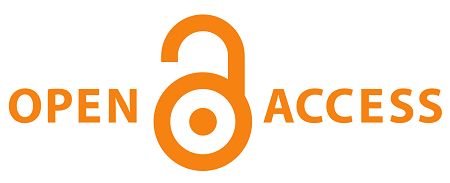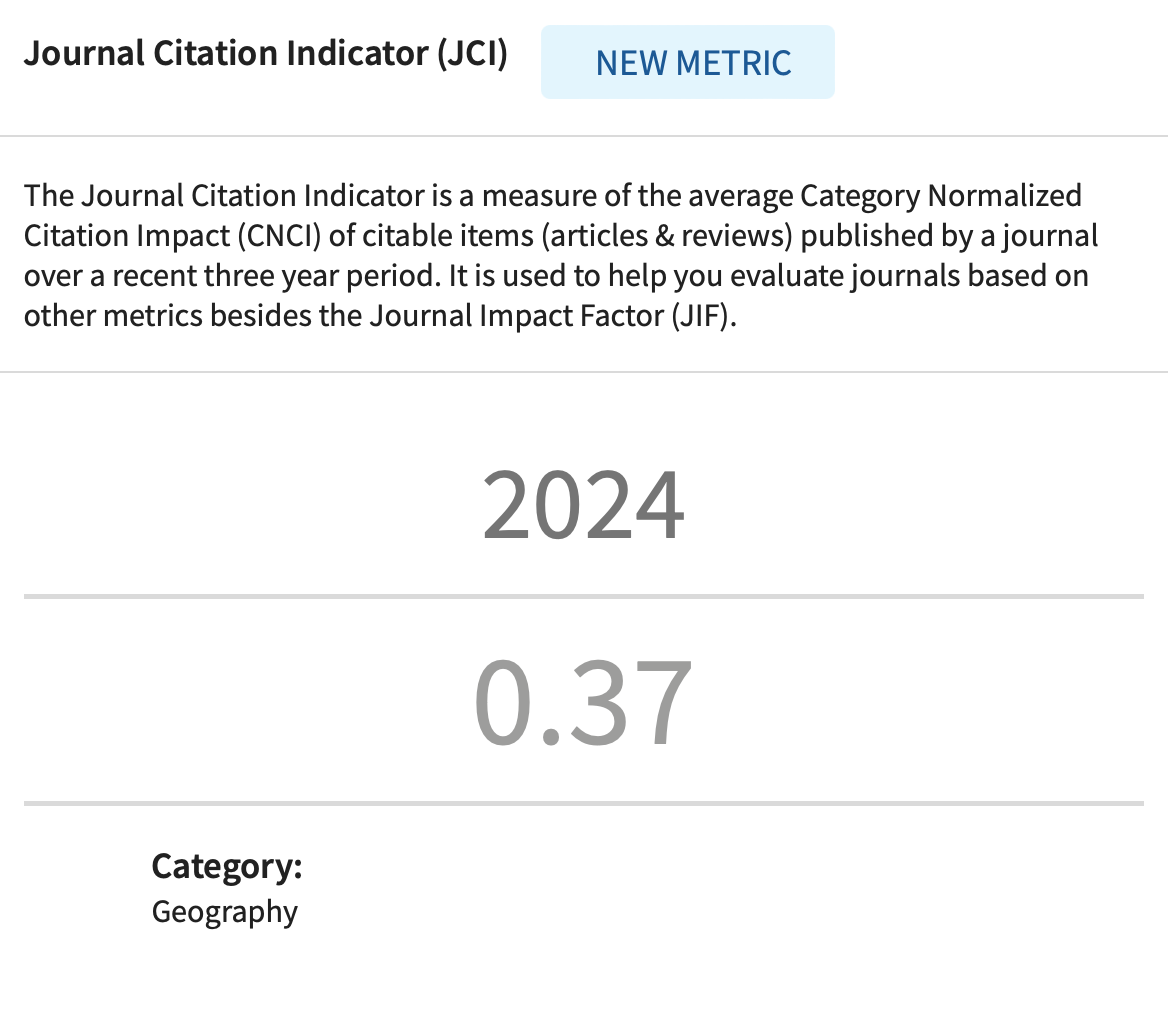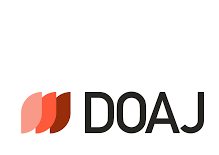THE ROLE OF PROFESSIONAL MODULES IN SECONDARY VOCATIONAL SCHOOLS FOR THE SELECTION OF THE FIELD OF COLLEGES
DOI:
https://doi.org/10.2298/IJGI2302269SKeywords:
sustainable tourism, secondary education, vocational study, professional modules, SerbiaAbstract
This paper examines the connection between secondary vocational education and continuing education. The influence of professional subjects and their impact on students and the creation of attitudes about further education, as well as the implementation of various, combined training models, are studied in particular. For the purposes of this research, a total of 201 students from three secondary vocational schools in the fields of trade, catering, tourism, economics, law, and administration were surveyed using a random sampling method. The educational profiles of the tested students are economic technician, tourist technician, cook, and waiter. The research objective was to determine whether the quality of professional subjects is important when choosing further tourism studies. In addition to the fact that teaching professional subjects develops certain students’ competencies, the application of the quantitative methodology in the research showed that it also affects the choice of future educational profiles with high school students. The surveyed students have significantly opted for the choice of faculties and colleges of applied studies in natural and social sciences and humanities.Article metrics
References
Alberts, C., Mbalo, N. F., & Ackermann, C. J. (2003). Adolescents' Perceptions of the Relevance of Domains of Identity Formation: A South African Cross-Cultural Study. Journal of Youth and Adolescence, 32(3), 169–184. https://doi.org/10.1023/A:1022591302909
Bos, L., McCabe, S., & Johnson, S. (2015). Learning never goes on holiday: An exploration of social tourism as a context for experiential learning. Current Issues in Tourism, 18(9), 859–875. https://doi.org/10.1080/13683500.2013.790878
Buissink-Smith, N., Mann, S., & Shephard, K. (2011). How Do We Measure Affective Learning in Higher Education? Journal of Education for Sustainable Development, 5(1), 101–114. https://doi.org/10.1177/097340821000500113
Cheung, L., & Law, R. (2002). A Study of Hospitality and Tourism Information Technology Education and Industrial Applications. Journal of Teaching in Travel & Tourism, 2(2), 43–62. https://doi.org/10.1300/J172v02n02_03
Clifford, V., & Montgomery, C. (2015). Transformative Learning Through Internationalization of the Curriculum in Higher Education. Journal of Transformative Education, 13(1), 46–64. https://doi.org/10.1177/1541344614560909
Coles, T. (2009). Tourism Studies and the Governance of Higher Education in the United Kingdom. Tourism Geographies, 11(1), 23–42. https://doi.org/10.1080/14616680802643235
Coll Ramis, M. A. (2021). Tourism education in Spain's secondary schools: The curriculums' perspective. Journal of Hospitality, Leisure, Sport & Tourism Education, 29, Article 100292. https://doi.org/10.1016/j.jhlste.2020.100292
Coll-Ramis, M. À., Picó, V., & Ordinas, A. (2023). Tourism in Geography Textbooks in Secondary Education and High School: The Case of the Balearic Islands. Education Science, 13(1), Article 44. https://doi.org/10.3390/educsci13010044
Cooper, C. (2002). Curriculum Planning for Tourism Education. Journal of Teaching in Travel & Tourism, 2(1), 19–39. https://doi.org/10.1300/J172v02n01_02
Dick, T. P., & Rallis, S. F. (1991). Factors and Influences on High School Students' Career Choices. Journal for Research in Mathematics Education, 22(4), 281–292. https://doi.org/10.2307/749273
Dornan, D., & Truly, D. (2009). Tourism Geography Education: Opportunities, Obstacles and the Production of Tourism Geographers. Tourism Geographies, 11(1), 73–94. https://doi.org/10.1080/14616680802643326
Falk, J. H., Ballantyne, R., Packer, J., & Benckendorff, P. (2012). Travel and Learning: A Neglected Tourism Research Area. Annals of Tourism Research, 39(2), 908–927. https://doi.org/10.1016/j.annals.2011.11.016
Fidgeon, P. R. (2010). Tourism education and curriculum design: A time for consolidation and review? Tourism Management, 31(6), 699–723. https://doi.org/10.1016/j.tourman.2010.05.019
Francis, D. A., & Yasué, M. (2019). A mixed-methods study on the values and motivations of voluntourists. Tourism Recreation Research, 44(2), 232–246. https://doi.org/10.1080/02508281.2019.1594574
Gamble, P. R. (1992). The educational challenge for hospitality and tourism studies. Tourism Management, 13(1), 6–10. https://doi.org/10.1016/0261-5177(92)90023-Z
Goodenough, R. A., & Page, S. J. (1993). Planning for tourism education and training in the 1990s: bridging the gap between industry and education. Journal of Geography in Higher Education, 17(1), 57–72. https://doi.org/10.1080/03098269308709208
Jovanović, S., Gatarić, D., Prnjat, Z., Anđelković, G., Jovanović, J. M., Lukić, B., & Lutovac, M. D. (2016). Exploring Proenvironmental Behavior of Serbian Youth Through Environmental Values, Satisfaction, and Responsibility. Social Behavior and Personality, 44(7), 1057–1068. https://doi.org/10.2224/sbp.2016.44.7.1057
Jovanović, S., Živković, Lj., Anđelković, S., Gatarić, D., & Petrović Stanisavljenvić, Z. (2015). To the Environmental Responsibility among Students through Developing their Environmental Values. Procedia - Social and Behavioral Sciences, 171, 317–322. https://doi.org/10.1016/j.sbspro.2015.01.128
Jovanović, S., Živković, Lj., Prnjat, Z., Obradović-Arsić, D., Mihajlović, B., & Budović, A. (2016). Environmental education from the perspective of Serbian primary school geography teachers. Journal of Environmental Protection and Ecology, 17(1), 394–401. https://gery.gef.bg.ac.rs/handle/123456789/752
Kelly, I. (2006). Tourism Education, the Peace Proposition and the Conscientization of the Tourism Industry. Journal of Teaching in Travel & Tourism, 6(1), 1–16. https://doi.org/10.1300/J172v06n01_01
Koech, J., Bitok, J., Rutto, D., Koech, S., Okoth, J. O., Korir, B., & Ngala, H. (2016). Factors influencing career choices among undergraduate students in public universities in Kenya: A case study of University of Eldoret. International Journal of Contemporary Applied Sciences, 3(2), 50–63. http://www.ijcar.net/assets/pdf/Vol3-No2-February2016/03.pdf
Korkmaz, H. (2015). Factors Influencing Students’ Career Chooses in Science and Technology: Implications for High School Science Curricula. Procedia - Social and Behavioral Sciences, 197, 966–972. https://doi.org/10.1016/j.sbspro.2015.07.284
Liang, K., Caton, K., & Hill, D. J. (2015). Lessons from the Road: Travel, Lifewide Learning, and Higher Education. Journal of Teaching in Travel & Tourism, 15(3), 225–241. https://doi.org/10.1080/15313220.2015.1059307
McGladdery, C. A., & Lubbe, B. A. (2017). Rethinking educational tourism: proposing a new model and future directions. Tourism Review, 72(3), 319–329. https://doi.org/10.1108/TR-03-2017-0055
Olamide, S. O., & Olawaiye, S. O. (2013). The Factors Determining the Choice of Career Among Secondary School Students. The International Journal of Engineering and Science, 2(6), 33–44. https://theijes.com/papers/v2-i6/Part.2/E0262033044.pdf
Palmer, T.-A., Burke, P. F., & Aubusson, P. (2017). Why school students choose and reject science: a study of the factors that students consider when selecting subjects. International Journal of Science Education, 39(6), 645–662. https://doi.org/10.1080/09500693.2017.1299949
Pavlović, S., Štetić, S., Šimičević, D., & Stanić Jovanović, S. (2016). Knowledge of Students of Tourism – Case Study: Sacral Monuments in Serbia. The Anthropologist, 26(3), 210–216. https://doi.org/10.1080/09720073.2016.11892150
Qiu, S., Dooley, L., & Palkar, T. (2017). What Factors Influence the Career Choice of Hotel Management Major Students in Guangzhou? Independent Journal of Management & Production, 8(3), 1092–1115. https://doi.org/10.14807/ijmp.v8i3.618
Shulruf, B., Keuskamp, D., & Brake, D. (2010). The impact of course-taking on academic achievements a systematic review and Meta analysis. Procedia - Social and Behavioral Sciences, 2(2), 3401–3406. https://doi.org/10.1016/j.sbspro.2010.03.523
Šimićević, D., & Štetić, S. (2017). The role and importance of internship programs as part of formal education: Students' perceptions: The case of College of tourism. Turističko Poslovanje, 19, 51–60. https://doi.org/10.5937/TurPos1719051S
Štetić, S., Trišić, I., & Nedelcu, A. (2019). Natural potentials of significance for the sustainable tourism development – The focus on the special nature reserve. Journal of the Geographical Institute “Jovan Cvijić” SASA, 69(3), 279–287. https://doi.org/10.2298/IJGI1903279S
Stone, J. R. (2002). The impact of school-to-work and career and technical education in the United States: Evidence from the national longitudinal survey of youth, 1997. Journal of Vocational Education and Training, 54(4), 533–582. https://doi.org/10.1080/13636820200200213
Tenjović, L. (2000). Statistika u psihologiji [Psychological Statistics]. Centar za primenjenu psihologiju.
Trišić, I., Štetić, S., Privitera, D., & Nedelcu, A. (2020). Wine Routes in Vojvodina Province, Northern Serbia: A Tool for Sustainable Tourism Development. Sustainability, 12(1), Article 82. https://doi.org/10.3390/su12010082
Vukić, M., Milićević, S., Vukić, K., & Vukić, M. (2021). Students’ Perception and Attitudes toward Faculty Image on Social Networks. International Journal of Cognitive Research in Science, Engineering and Education, 9(1), 63–74. https://doi.org/10.23947/2334-8496-2021-9-1-63-74
Wilhelm, W. B. (2004). The Relative Influence of Published Teaching Evaluations and Other Instructor Attributes on Course Choice. Journal of Marketing Education, 26(1), 17–30. https://doi.org/10.1177%2F0273475303258276
Yan, W. J., & Li, K. R. (2023). Sustainable Cultural Innovation Practice: Heritage Education in Universities and Creative Inheritance of Intangible Cultural Heritage Craft. Sustainability, 15(2), Article 1194. https://doi.org/10.3390/su15021194
Downloads
Published
How to Cite
Issue
Section
License
Copyright (c) 2023 Journal of the Geographical Institute “Jovan Cvijić” SASA

This work is licensed under a Creative Commons Attribution-NonCommercial-NoDerivatives 4.0 International License.











